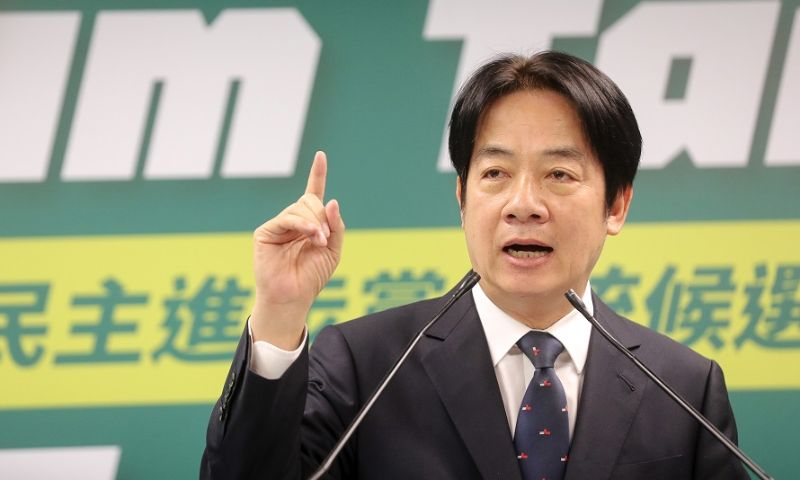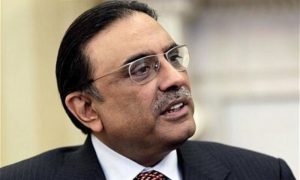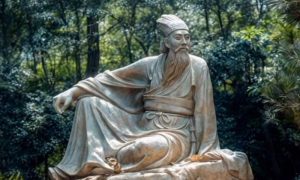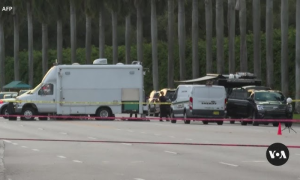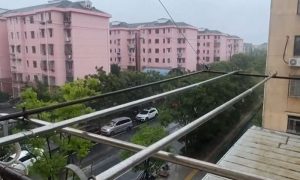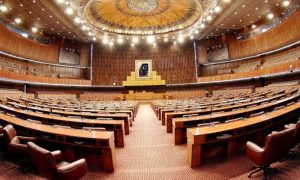TAIPEI, Taiwan: New Taiwan President Lai Ching-te on Monday pledged to defend the island’s democracy and called on China to cease its military intimidation of the self-ruled territory.
In his inauguration speech, Lai addressed the growing threat of war, emphasizing Taiwan’s commitment to preserving its democratic way of life. “A glorious era of Taiwan’s democracy has arrived,” he declared, expressing gratitude to citizens for “resolutely defending democracy” despite external pressures.
Facing increasing threats and infiltration attempts from China, Lai, 64, stressed the importance of national security. “We must demonstrate our resolution to defend our nation and raise our defence awareness,” he said. Lai, once labeled a “dangerous separatist” by Beijing for his pro-independence stance, assured that his administration would “neither yield nor provoke, and will maintain the status quo.”
Calling on China to end its political and military intimidation, Lai urged Beijing to “share with Taiwan the global responsibility of maintaining peace and stability in the region… and ensure the world is free from the fear of war.”
Lai has repeatedly sought to resume high-level communications with China, which were severed in 2016 when his predecessor Tsai Ing-wen assumed office. On Monday, Lai expressed hope for dialogue over confrontation, though experts predict Beijing is unlikely to respond positively.
Since 1949, Taiwan has been self-governed, following the retreat of nationalists to the island after their defeat in China’s civil war. For over 70 years, China has considered Taiwan part of its territory, threatening to use force to assert control.
The United States, which shifted diplomatic recognition from Taiwan to China in 1979, remains Taiwan’s most crucial partner and largest arms supplier. Lai is expected to strengthen defence ties with Washington during his term. US Secretary of State Antony Blinken congratulated Lai, expressing eagerness to deepen ties and maintain “peace and stability across the region particularly the disputed water passage.”
In response to Lai’s inauguration, Beijing sanctioned three US defence companies involved in arms sales to Taiwan. Additionally, Chinese social media platform Weibo blocked inauguration-related hashtags, preventing them from trending.
Despite the ongoing tension, Chinese military activity around Taiwan did not see a significant increase ahead of the inauguration. The Taiwan Affairs Office in Beijing reiterated its stance, likening “Taiwan independence and peace in the strait” to “water and fire.”
Lai and Vice President Hsiao Bi-Khim, both from the Democratic Progressive Party (DPP), continue to champion Taiwan’s sovereignty. However, with only 12 formal diplomatic allies, Taiwan lacks significant international recognition. The inauguration was attended by eight heads of state who recognize Taiwan, along with delegations from over 40 other countries, including the United States, Japan, and Canada.
The majority of Taiwan’s 23 million residents identify as having a distinct Taiwanese identity, separate from Chinese. Despite the potential threat of conflict, many Taiwanese are more concerned with domestic issues such as housing prices, cost of living, and wages. Lai pledged to “expand investment in society” and ensure Taiwan becomes a “force for global prosperity.”
Domestically, Lai faces challenges after the DPP lost its majority in the legislature in the January elections, complicating efforts to implement his policies.









